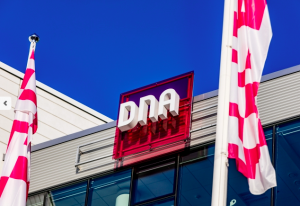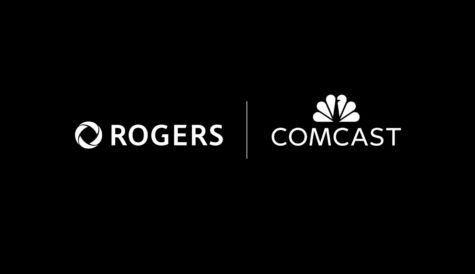Finland’s DNA claims victory in DVB-T2 legal battle
 Finnish service provider DNA has won a legal victory in its protracted dispute with public broadcaster Yle over the latter’s procurement of digital-terrestrial distribution services.
Finnish service provider DNA has won a legal victory in its protracted dispute with public broadcaster Yle over the latter’s procurement of digital-terrestrial distribution services.
Finland’s market court has prohibited Yle from continuing with its current procurement procedure, which DNA has alleged is against Finnish law.
DNA filed a complaint last year that Yle’s procurement process for DVB-T2 distribution of its channels was discriminatory because it allocated responsibility for ensuring that properties are equipped with antennas on the network operator – something that DNA said would unfairly penalise it, as VHF frequencies require separate VHF antennas on premises.
DNA has argued that in the case of previous changes to digital-terrestrial transmission, antenna upgrades had always been the responsibility of individual property owners.
The operator secured a delay in the process last October in a move that attracted criticism from Yle and other broadcasters for holding up the DVB-T2 rollout, and by extension, the rollout of 4K UHD TV services on the terrestrial network.
DNA has now secured confirmation that Yle cannot proceed with its procurement in its current form. The court ruled that the cost of antennas in building cannot be included in the request for tenders.
Pekka Väisänen, director of DNA’s consumer business, said that the company was “very pleased” with the court decision, which took “full account of both the requirement for fairness and the need to promote competition”.
DNA currently distributes 17 HD channels via its VHF terrestrial network, including all of Yle’s HD channels, and those of the commercial broadcasters MTV3 and TV5 HD. Its agreement with Yle runs until 2026.
Väisänen said that DNA’s VHF network, which covers 85% of the country’s population, only uses DVB-T2 technology and was one of the first DVB-T2 networks worldwide. The said that DNA was working on the development of T2 receivers. DNA has previously indicated that the lack of DVB-T2 terminals was a more important factor in holding up the rollout of UHD services than its dispute with Yle.



